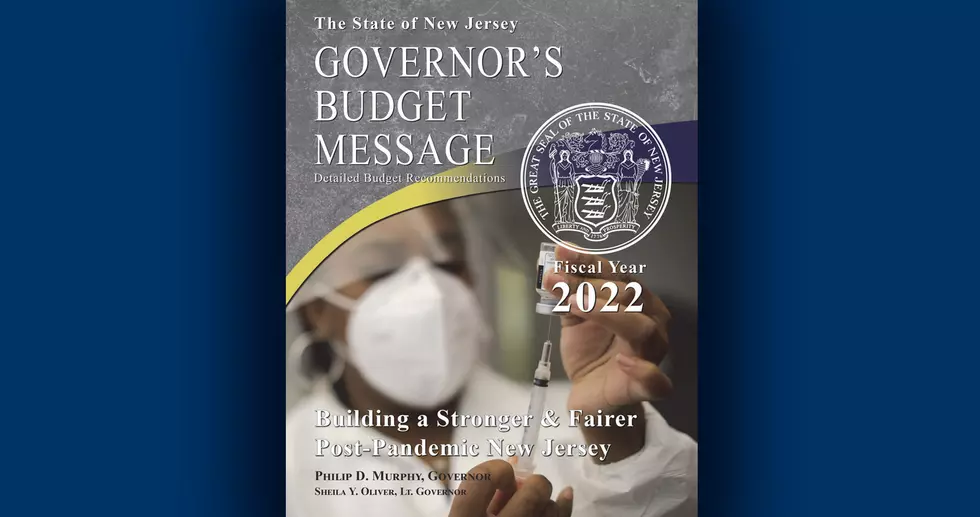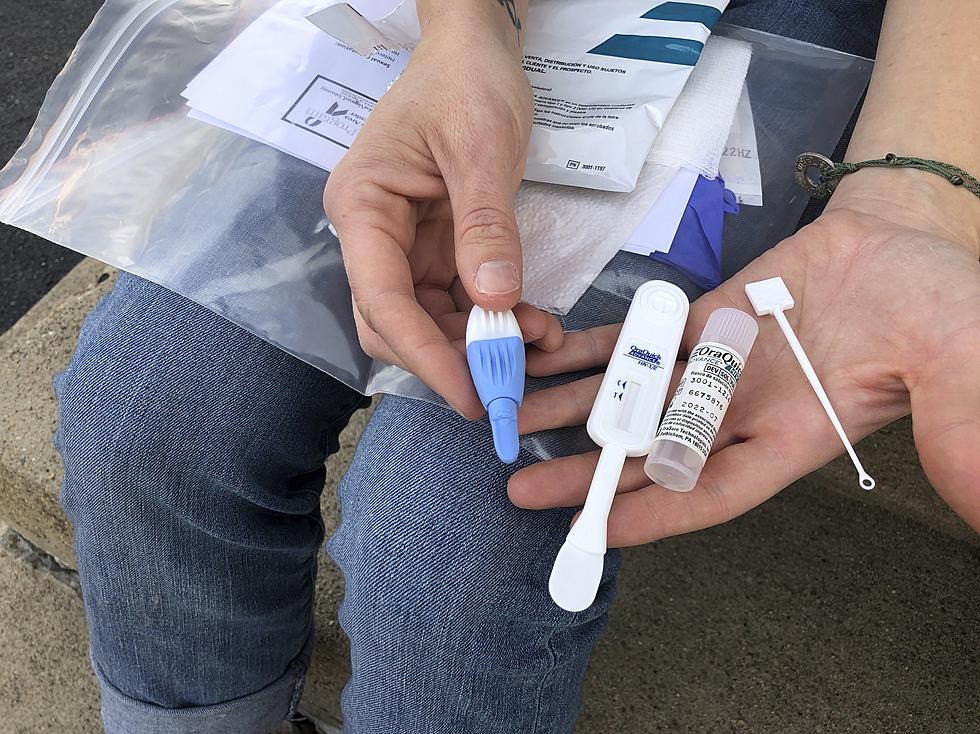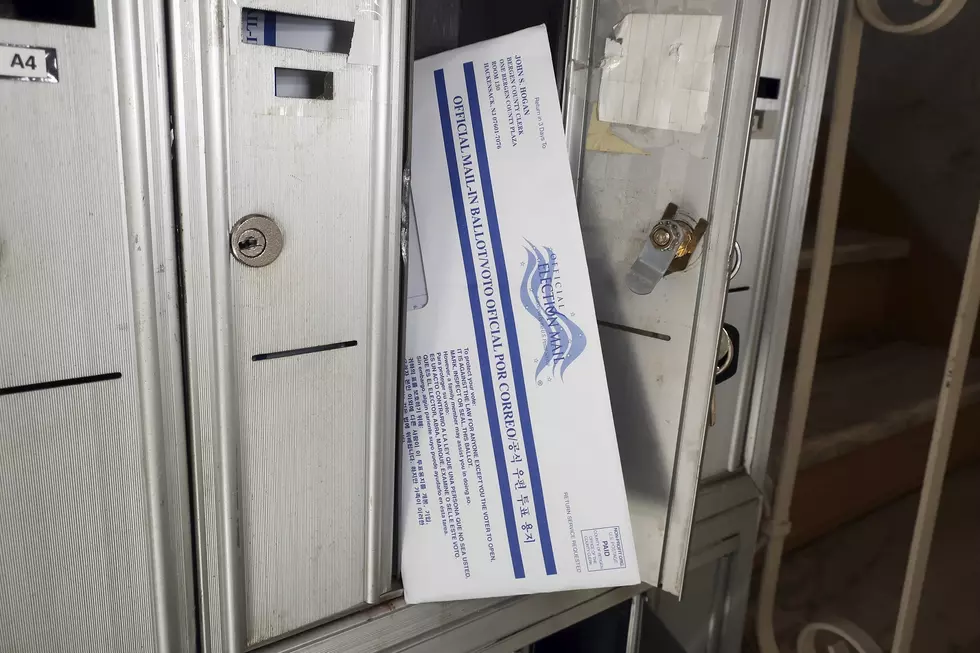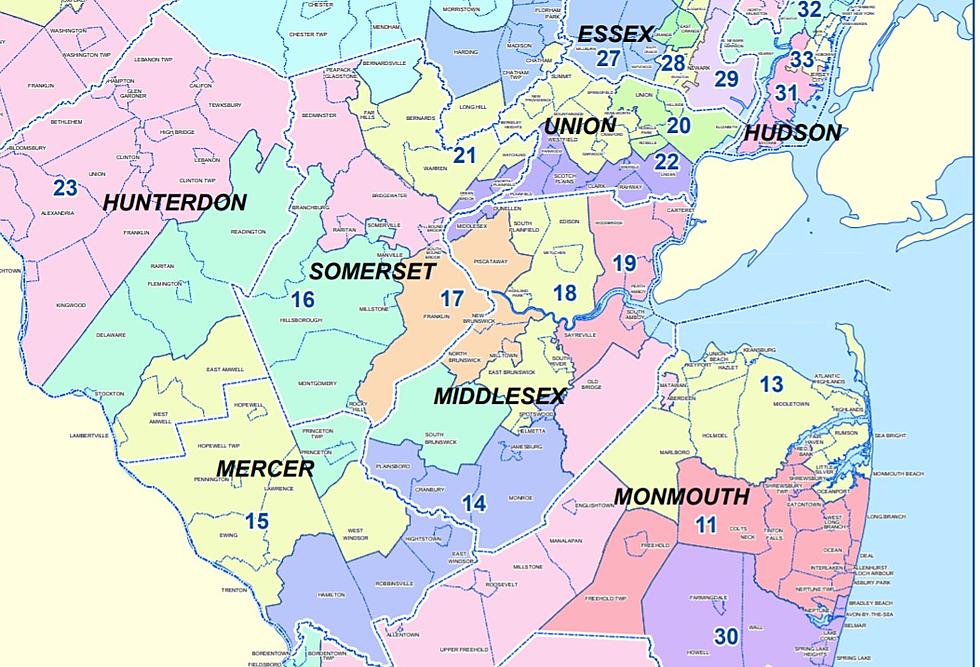Lawmaker says NJ school kids should learn about student debt
New Jersey 101.5 video
As costs of public and private colleges continue to climb, New Jersey students are sinking deeper into debt.
A recent report on student debt released by the Institute for College Access and Success found New Jersey students had an average of $30,104 in loans from public and private four-year colleges, the country's 11th highest amount.
Two thirds of the class of 2015 left school with at least some level of student loans, ranking as the eighth highest percentage in the nation.
But learning to be smarter about money can be helpful. A bill working its way through the legislature would require New Jersey's current high school financial literacy curriculum to be changed to include courses on college tuition costs, loans and assistance programs — something a lot of high school students are unaware of.
State. Sen. Robert Singer, R-Ocean, a co-sponsor of the the bill, says many kids don't understand the financing of education and what they are signing up for.
"What is a debt I'm signing up for? What is the payback period? What kind of job am I going to get to make that payback? Is the investment worth that? Should I be going to community college for two years for lesser costs, then go to a four year school to finish up or can I go to the four year school right away?" These are the questions, Singer says, that must be answered.
High school students in New Jersey receive some instruction on basic financial literacy issues like balancing a checkbook, but that's not enough, says Singer. Parents and students should understand what their financial future is going to be like and that learning starts in freshman year of high school, he says.
"We want to make sure people understand exactly what they're signing for, exactly what is the potential that industry to pay back that loan and to know that six months after you graduate, you have to start making those payments."
Singer believes high school graduates need to be prepared to handle the financial responsibility of applying for and paying back a student loan. Both parents and students must also learn about tuition costs. What is so scary, says Singer, is that people are taking educational courses and degrees who can't possibly pay back that loan. That's a serious situation, he says.
Know your end game, says Singer. Ask yourself, "where do you want to go?" and "Is the cost of education going to be affordable enough to be able to pay back in the industry you're going into?"
The bill has already cleared the Senate budget panel. It still has to go to the Assembly and then make its way to Gov. Chris Christie's desk for approval. Singer does not see a problem getting the bill passed within the next 60 days. If it's ultimately approved by the full legislature and signed into law by Christie, the financial literacy curriculum changes would go into effect for the 2017-2018 school year.
More From New Jersey 101.5 FM









